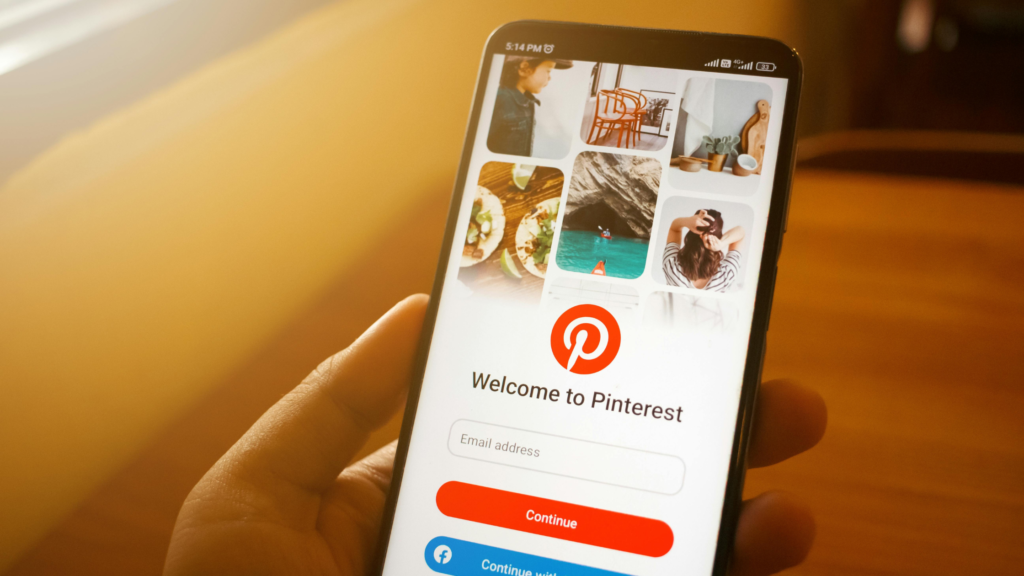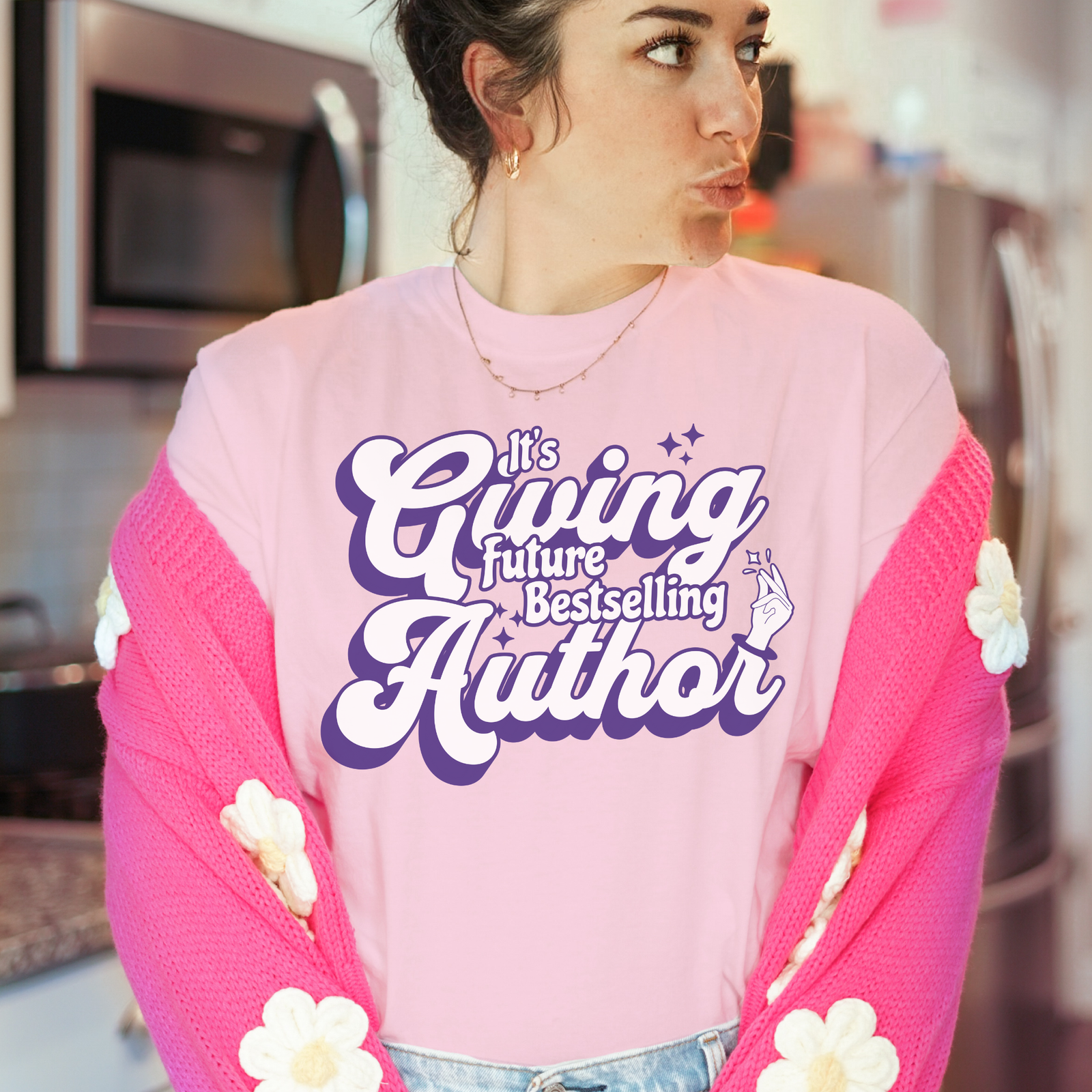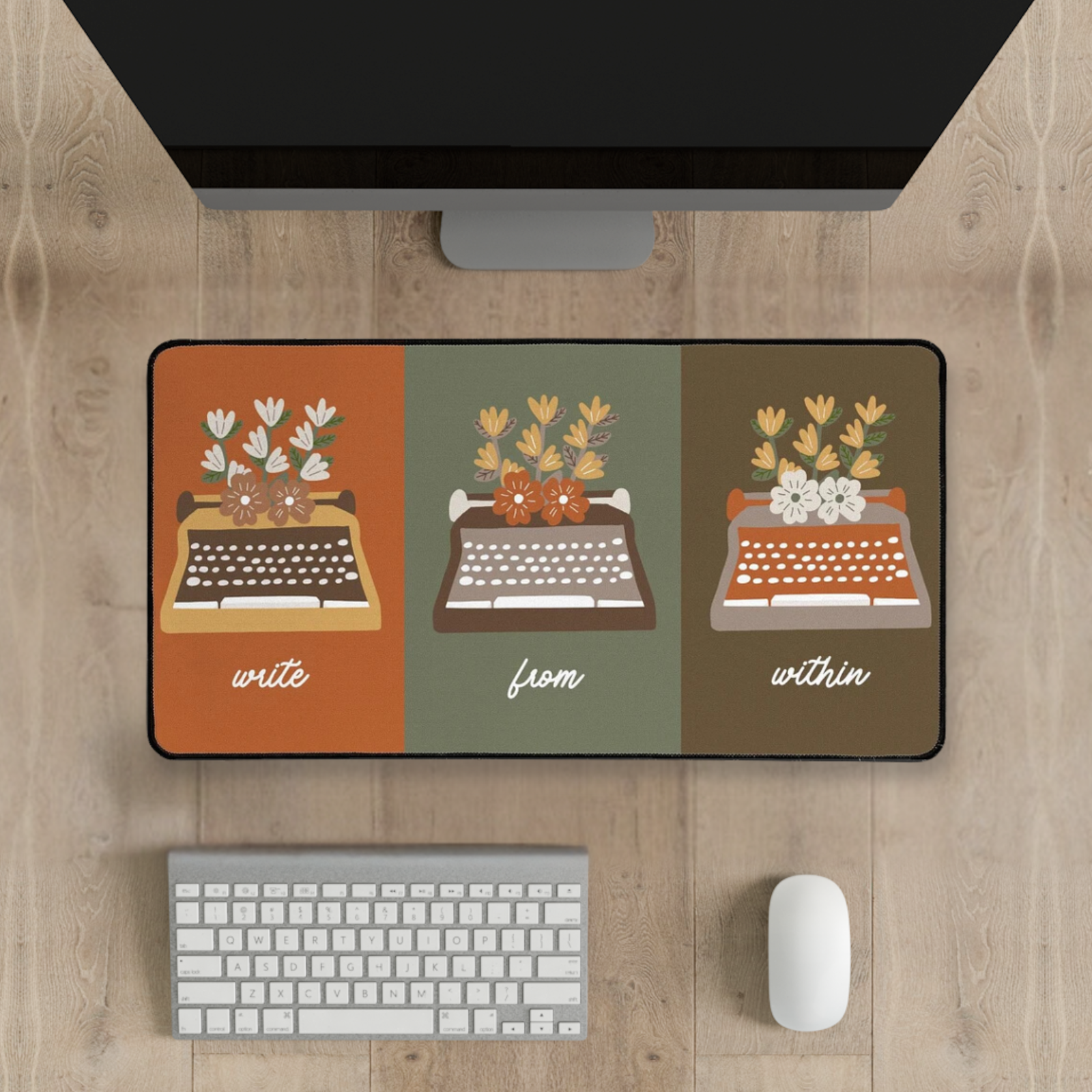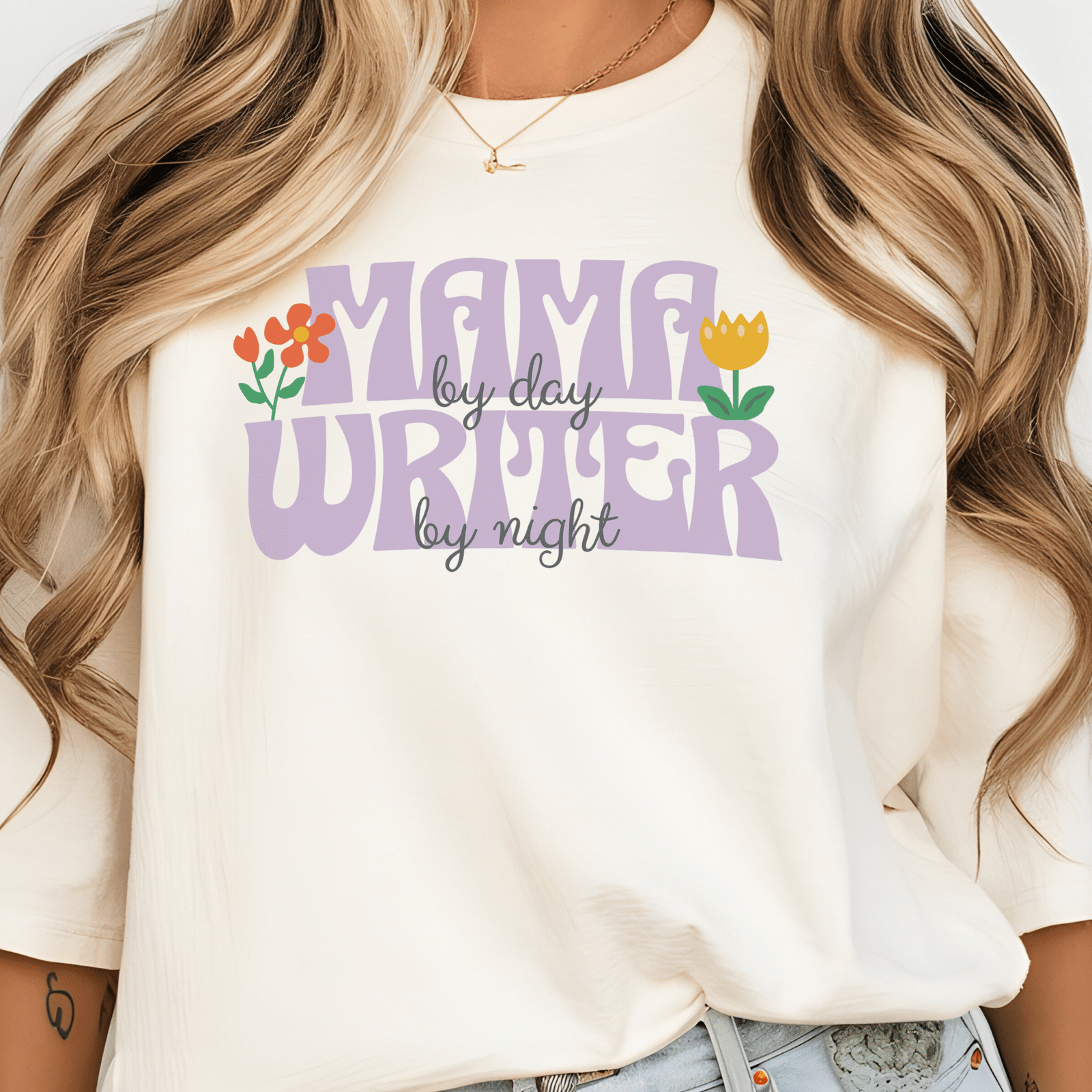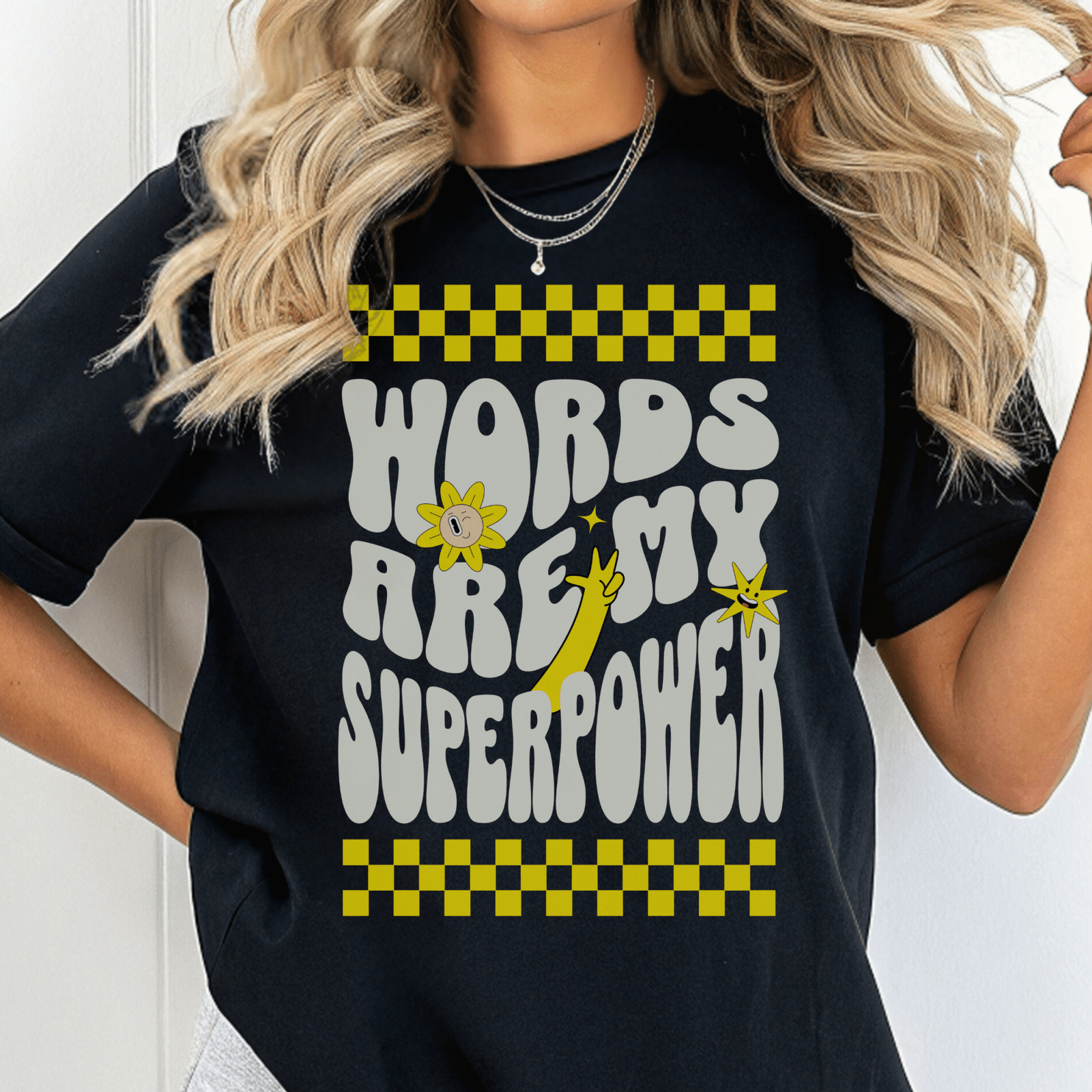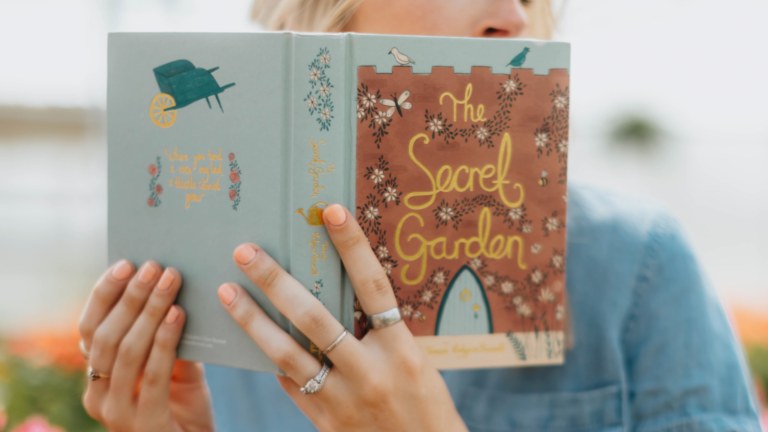When most writers think about platforms to grow their presence, Pinterest probably isn’t the first one that comes to mind. But it should be. While it’s often seen as a place for recipes, wedding planning, and home decor, Pinterest is quietly becoming one of the most powerful tools for writers.
So if you’ve been ignoring that red “P” icon, here are seven surprising reasons why writers need Pinterest in marketing their work.
- 1. Pinterest is a Killer Search Tool for Writers
- 2. Long-Term Content Visibility That Actually Works
- 3. Your New Favorite Source of Writing Inspiration
- 4. Build Your Author Brand
- 5. Drive Serious Traffic to Your Blog or Website
- 6. Promote Your Books and Products Without Feeling Salesy
- 7. Grow Your Mailing List While You Sleep
- Don't Sleep On Pinterest
- Breath and Ink Shop
1. Pinterest is a Killer Search Tool for Writers
Let’s start with one of the most underrated benefits of Pinterest to writers: it’s not just social media. Pinterest is a visual search engine.
That means people go there with intent. They’re searching for things like “YA fantasy best reads,” “writing prompts,” or “how to self-publish,” And what do they find? Pins that lead to articles, tools, and yes, your content.
Pinterest for writers means being found when people are actively looking for the kind of content you create. And the most valuable benefit is your pins stay on this search tool for long. More on that next.
2. Long-Term Content Visibility That Actually Works
Unlike posts on Twitter or Instagram, which vanish from feeds in a matter of hours, Pinterest pins have serious staying power. A well-designed pin can keep bringing traffic to your blog or book page for months, even years.
This is huge for writers. Most of us don’t have time to constantly post on social media or create content every single day. With Pinterest, you can create a few strong pins for your content and let them work for you long-term. Its set-it-and-forget-it style is one of the benefits of Pinterest to writers who are too busy to be online every time.
3. Your New Favorite Source of Writing Inspiration
Need character inspiration? A moody setting idea? A vibe for your next book cover?
Pinterest is your dream vision board.
Writers use it all the time to create private or public boards filled with character aesthetics, mood boards, scene ideas, and worldbuilding visuals. It’s one of the most practical (and fun) ways to gather lots of ideas without getting easily distracted by dancing videos and all the entertainment Instagram and Facebook like to push in front of you.
You can save articles, tips, and tools to keep your research and references in one place. That alone makes Pinterest totally worth it.
4. Build Your Author Brand
Another reason why writers need Pinterest is how the platform gives a quieter and more focused way to build your brand as an author. Honestly, it can be frustrating trying to compete with other forms of content on platforms with algorithms that change overnight. And most of these platforms expect you to show up online almost everyday with barely any engagement on your content.
With Pinterest, you can create boards that reflect your genre, voice, and style, and pin your own content as well. And with your content, you get to directly target your kind of audience that are interested in what you do or write. Pinterest marketing for writers means reaching an audience that’s actively interested in and searching for your topics. It puts your content in front of the right people without needing to constantly chase visibility.
Basically, Pinterest makes it easy to attract the audience you want. It’s the best platform to show what you do without the pressure of being “social” all the time.
5. Drive Serious Traffic to Your Blog or Website
If you’ve got a blog or author website, Pinterest is a must.
Each pin you post can link directly to one of your blog posts, landing pages, or product pages. With well-written pin descriptions and targeted keywords, you can attract clicks from people actively searching for your kind of content.
In fact, many writers find Pinterest brings more traffic than Twitter or Facebook combined, especially for evergreen content like writing tips or book reviews.
And unlike social platforms that limit reach, Pinterest rewards good content with more visibility over time.
6. Promote Your Books and Products Without Feeling Salesy
People use Pinterest to plan what they’ll read, buy, or try next. That makes it an ideal platform to promote your books, products, or services.
You can create pins for:
- Book covers with a “Read More” CTA
- Reader testimonials or reviews
- Preorder and launch announcements
- Writing services like editing, coaching, or design
- Digital products like templates, guides, or planners
And since Pinterest users are already in a browsing mindset, it doesn’t feel pushy or salesy. It’s simply another way to be seen by readers who are interested in what you’re offering.
7. Grow Your Mailing List While You Sleep
Here’s one of the most powerful benefits of Pinterest to writers: it can grow your email list on autopilot.
If you’ve got a lead magnet, like a free checklist, sample chapter, or writing guide, you can create pins that link directly to your sign-up form. People click, sign up, and boom: your list starts growing.
You’re building a community of readers you can reach directly, without relying on algorithms or ad spend, and this is a benefit of Pinterest to writers.
Don’t Sleep On Pinterest
If you’re putting time into writing and creating content, you deserve a platform that gives something back. That’s why writers need Pinterest. You don’t have to post every day or chase trends just to be seen. You can pin what matters, walk away, and still get traffic, clicks, and readers weeks or months later.
Using Pinterest is a smarter way to get your work in front of the right people without burning out.
If that sounds like what you’ve been looking for, maybe it’s time to stop ignoring Pinterest as a writer and actually put it to work. You can find out the best and most effective ways to use Pinterest as a writer in my blog post 7 Powerful Ways Authors Can Use Pinterest.

